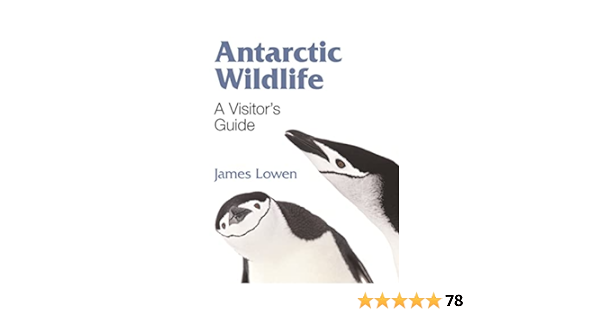Antarctica is a continent of immense environmental, economic, political, and scientific importance. It is home to many species of animals and plants and also contains vast natural resources. As a result, it has been subject to a variety of international agreements and laws designed to protect the environment, promote peace and security, and facilitate research and economic opportunities. In particular, maritime law and security are critical for the safe navigation of vessels in and out of the continent. This article provides an overview of the legal and security challenges presented by Antarctica’s maritime environment and the measures being taken to address these challenges.
View More Maritime Law & Security in AntarcticaMaritime Law & Security in Antarctica
IILSS 18th September 2023A Glimpse into Antarctica's Mystical FaunaAntarcticaAre there laws in Antarctica?Are there salmon in Antarctica?Are there sharks in Antarctica?Can a human survive in Antarctica?Can a person swim in Antarctica?Can you buy land in Antarctica?Can you swim in Antarctica?Can you swim under Antarctica?Can you take a trip to Antarctica?Challenges to Maritime SecurityConservation Efforts: Protecting the Fragile Ecosystems of AntarcticaDid the British Empire own Antarctica?Discover the Rich Biodiversity of AntarcticaDo any fish live in Antarctica?Do lobsters live in Antarctica?Do people live in Antarctica?Do Starfish live in Antarctica?Does Antarctica have a port?Does Antarctica have freshwater fish?Maritime Law & Security in AntarcticaMaritime Law in AntarcticaMaritime Security in AntarcticaThe Antarctic Treaty System


